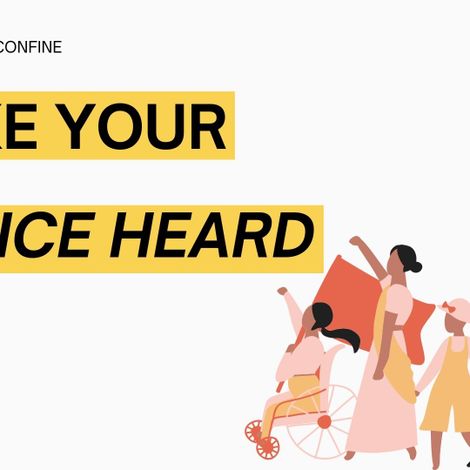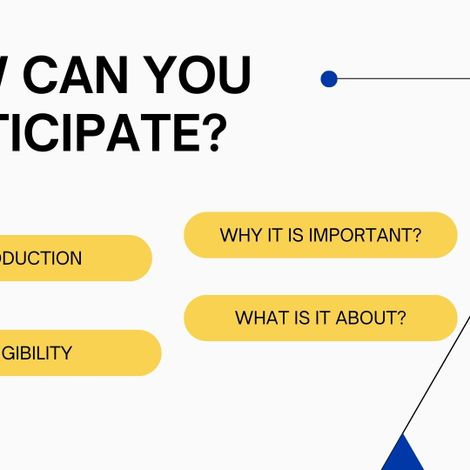Campaign Co-Create, Not Confine


Co-Create, Not Confine is a campaign focused on disabled researchers/scientists which is created by disabled researchers. This campaign will focus on co-designing with disabled researchers/scientists from lower-middle-income countries (LMICs) to better understand the barriers they face as they navigate academic space as well as seek advice/guidance on creating inclusive space (eg: topics of resource allocation, navigation in labs, infrastructure, etc). This discussion will take place through focus group sessions by recruiting disabled researchers and making sure to have representatives from different LMICs.
Their inputs from the focus group session will be further evaluated, made public, and presented to larger groups (stakeholders, different lab directors, etc) to understand how these can be better implemented further by a roundtable discussion. There will also be a dedicated website that will be up and running soon to make this campaign public.
The aim behind this initiative has been a product of ongoing discussions around accessibility concerns as well as to further create and encourage more disabled researchers to thrive in academia, especially those from developing nations as they continue to remain underrepresented. Additionally, my own lived experience with discrimination as a disabled researcher in labs made me not only voice out but also remind me how many others like me have been discouraged from to continuing grow in this space.
This campaign is a must and the need to discuss this is of importance. Diversity does not end at inclusivity, it also begins when there is accommodation made in place. To understand this better, the voices of the disabled community are significant and essential to shed more light.
Note: The website for this is under construction
What our grantee is saying: "Receiving the Awesome Disability Grant is going to make a huge difference. It is not just supporting the campaign "Co-Create, Not Confine," but also embracing the disability community's potential to co-create and advocate together for better space for and by the disabled community. This grant fuels the fight for equal opportunity in academic spaces, allowing us to champion and echo the voices of disabled researchers, especially those from underrepresented regions. With the grant, we are one step closer to dismantling barriers and creating a thriving, diverse, and inclusive scientific landscape for all."